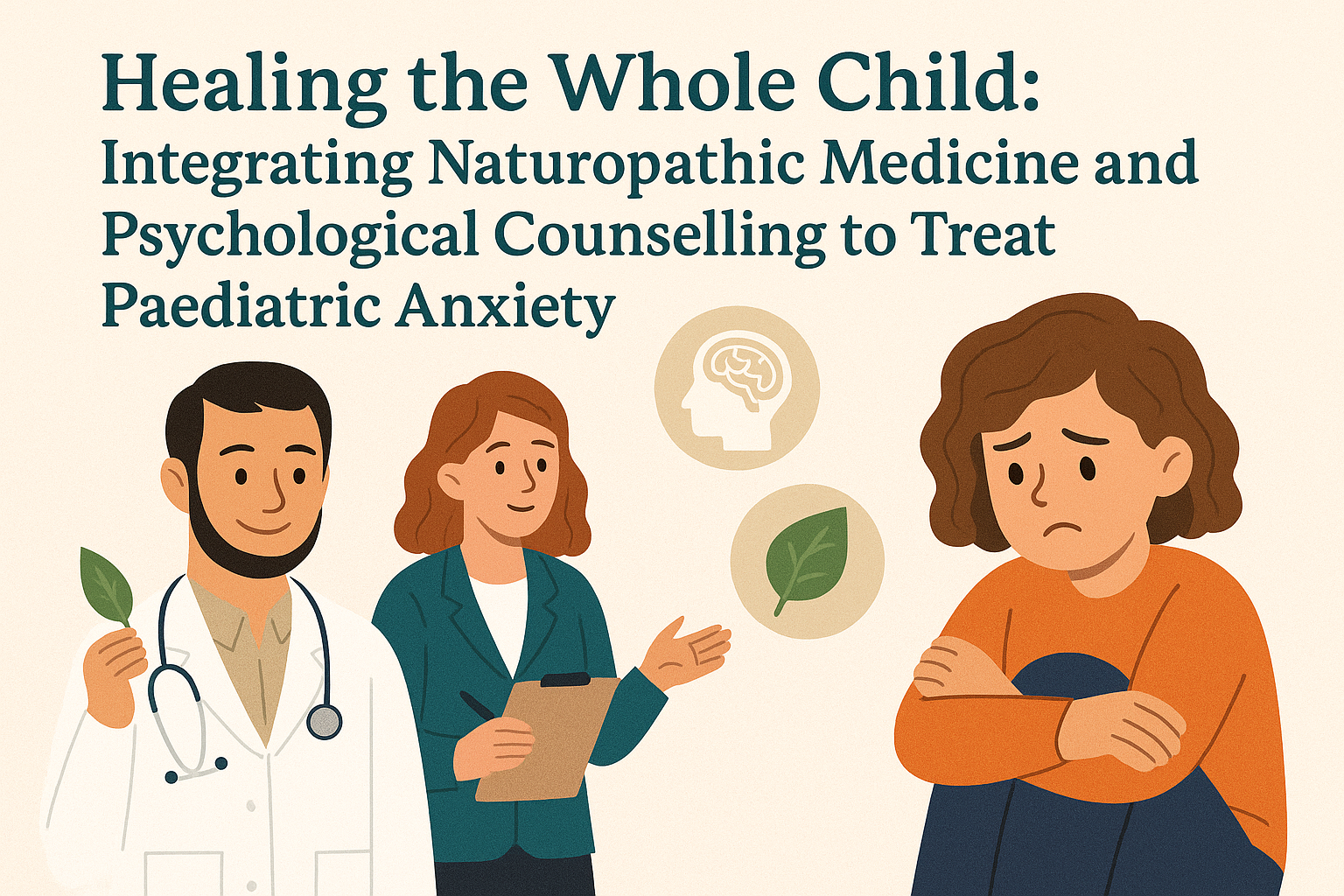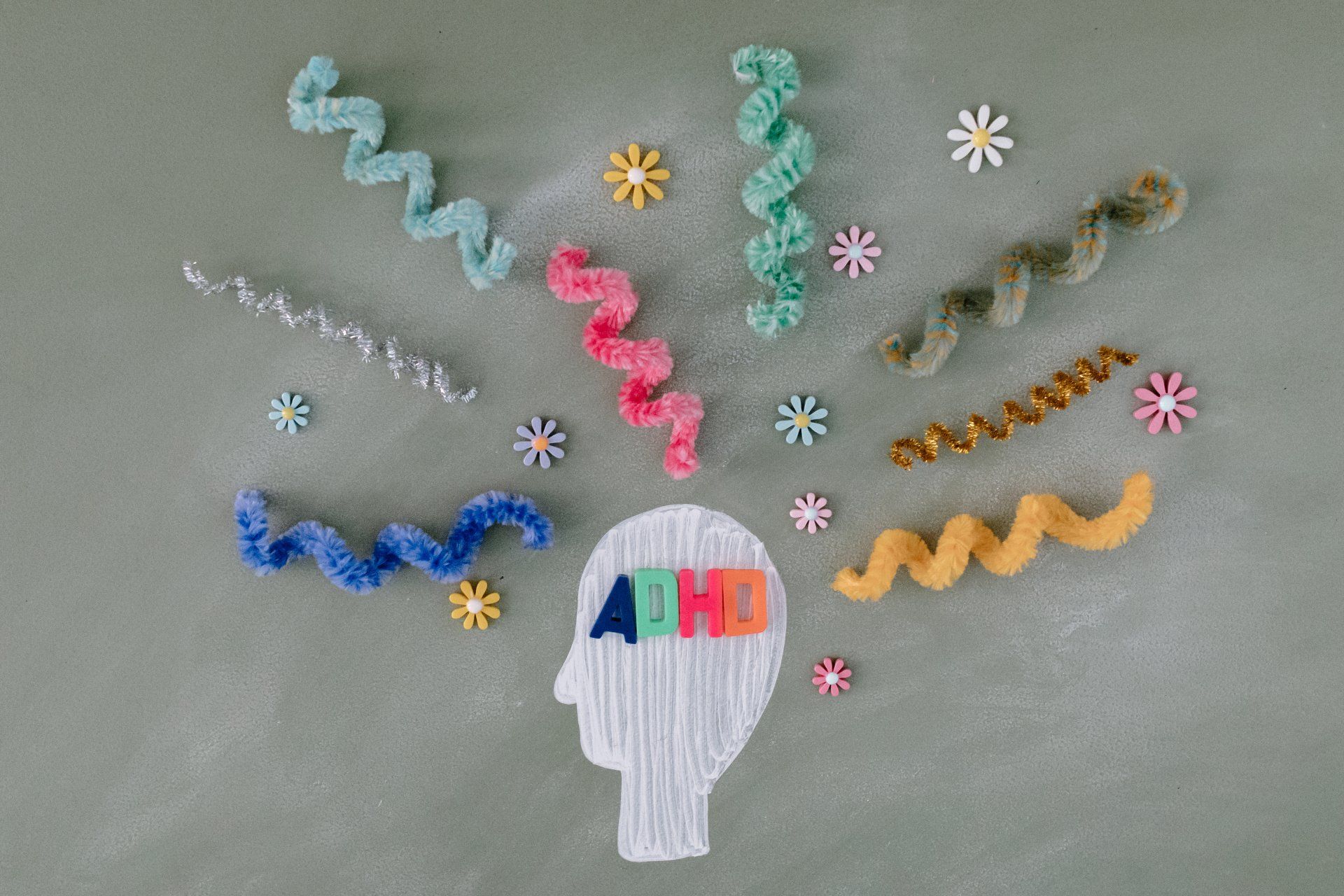Understanding Neurodiversity and What It Means for Your Child
Having a child with neurodivergent traits can be a unique experience for parents. Neurodiversity refers to the natural variations in the human brain and how these variations can impact how children function and process information. Some children may have ADHD, Autism, Dyslexia, Tourette's Syndrome, or other neurodivergent conditions. As parents, it can be challenging to understand what these traits mean for our children, and how to support them as they navigate the world around them. In this blog, we will explore what neurodivergence is, the common characteristics of different neurodivergent traits, and how parents can support their child with a neurodivergent condition.
Understanding neurodiversity:
Neurodiversity refers to the natural variations in the human brain that can result in differences in cognition, sensory perception, and processing of information. These differences can occur in neurotypical people, meaning they do not have a diagnosable neurodivergent condition, or in those who have one or more neurodivergent traits that fall within the Diagnostic and Statistical Manual of Mental Disorders. Neurodiversity advocates believe that these differences result in unique cognitive strengths that should be celebrated and accommodated, rather than suppressed. Understanding neurodiversity can help parents appreciate the unique qualities their child possesses and allow them to better support their child's strengths and abilities.
Common traits of neurodivergent conditions:
While neurodivergence refers to a widespread variation of brain traits, various commonalities exist amongst different categories of neurodivergent conditions. For example, ADHD is characterized by impulsivity, inattention, and hyperactivity, while Autism Spectrum Disorder includes social communication deficits, repetitive behaviors, and sensory processing challenges. Understanding these traits can be crucial in helping parents comprehend their child's behavior and needs. While this knowledge can be helpful, it's equally important to remember that each individual's neurodivergent experiences and challenges will differ, so a one-size-fits-all solution may not work for every child.
How to support a neurodivergent child:
It's common for parents to face challenges when attempting to support their neurodivergent child. Still, specific interventions and supports can help with this process. One strategy is to make specific accommodations for your child. Accommodations may involve providing sensory aids, reducing environmental stressors, and providing clear instructions. Another approach is to focus on your child's strengths and interests, rather than solely on their diagnoses or perceived weaknesses. Accommodations and strengths-based approaches are valuable tools in helping children reach their full potential.
Nutrition:
Nutrition plays a significant role in supporting the health and well-being of neurodivergent children. A balanced diet rich in essential nutrients can significantly improve their cognitive function, emotional stability, and overall health. Specific dietary considerations may be beneficial, depending on the child's unique needs.
For instance, some neurodivergent individuals may have sensitivities or intolerances to certain foods that can exacerbate behavioral or health issues. Thus, it's crucial to identify these triggers and adjust their diet accordingly. Incorporating a variety of fruits, vegetables, lean proteins, and whole grains, while limiting processed foods and sugars, can foster optimal brain development and function. Omega-3 fatty acids, found in foods like fish and walnuts, are particularly beneficial for brain health. Additionally, maintaining a regular eating schedule helps stabilize blood sugar levels, potentially reducing mood swings and improving focus.
Remember that each child is unique; what works for one might not work for another. Therefore, it's recommended to consult with a naturopathic doctor, registered dietitian or healthcare professional who understands the intricate relationship between food and neurodiversity. They can provide personalized guidance based on the child's specific nutritional needs and preferences.
Seeking support:
Parenting a neurodivergent child can be challenging, and seeking emotional or practical support is critical. Support may come from family, friends, or a professional such as an educational psychologist, occupational therapist, or speech and language therapist. Additionally, some organizations and support groups may be accessible to parents of neurodivergent children such as the National Autistic Society or the Attention Deficit Disorder Association. If you feel overwhelmed by the challenges of parenthood or would benefit from additional resources, consider reaching out to one of these groups.
Conclusion:
Parenting a neurodivergent child can be a unique and rewarding experience. Understanding neurodiversity and its various characteristics can allow us to appreciate the unique traits our child possesses. Learning how to best support your child can be achieved through making accommodations, focusing on your child's strengths, and seeking necessary support. We must remember that every child's experiences are unique, and there is no one-size-fits-all solution; however, with patience, empathy, and appropriate tools and support, parents can guide their children toward reaching their full potential.
Click HERE for more information on Naturopathic support for ADHD









